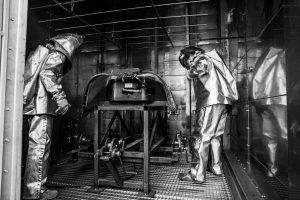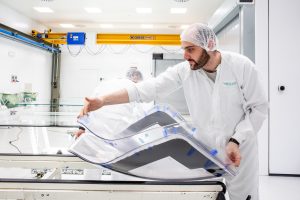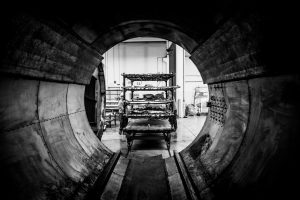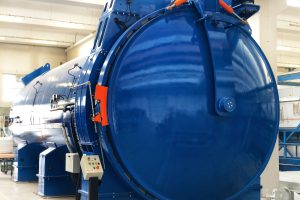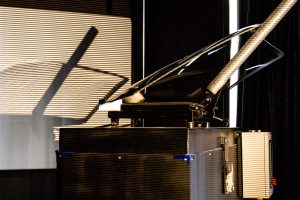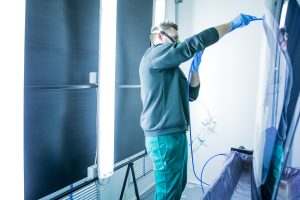The Polycarbonate

Evolution is a light illuminating all facts, a curve that all lines must follow…
Polycarbonate is an innovative material that has been a success thanks to its qualities of lightness, transparency, resilience and mechanical resistance.
Benefitting from the most modern polycarbonate thermoforming systems available, Viraver is able to produce complex, lightweight shapes with state-of-the-art functional features while ensuing excellent optical quality.
Viraver’s polycarbonate products have met with great success particularly in the automotive industry, where highly renowned brands demand a product that reflects their success.
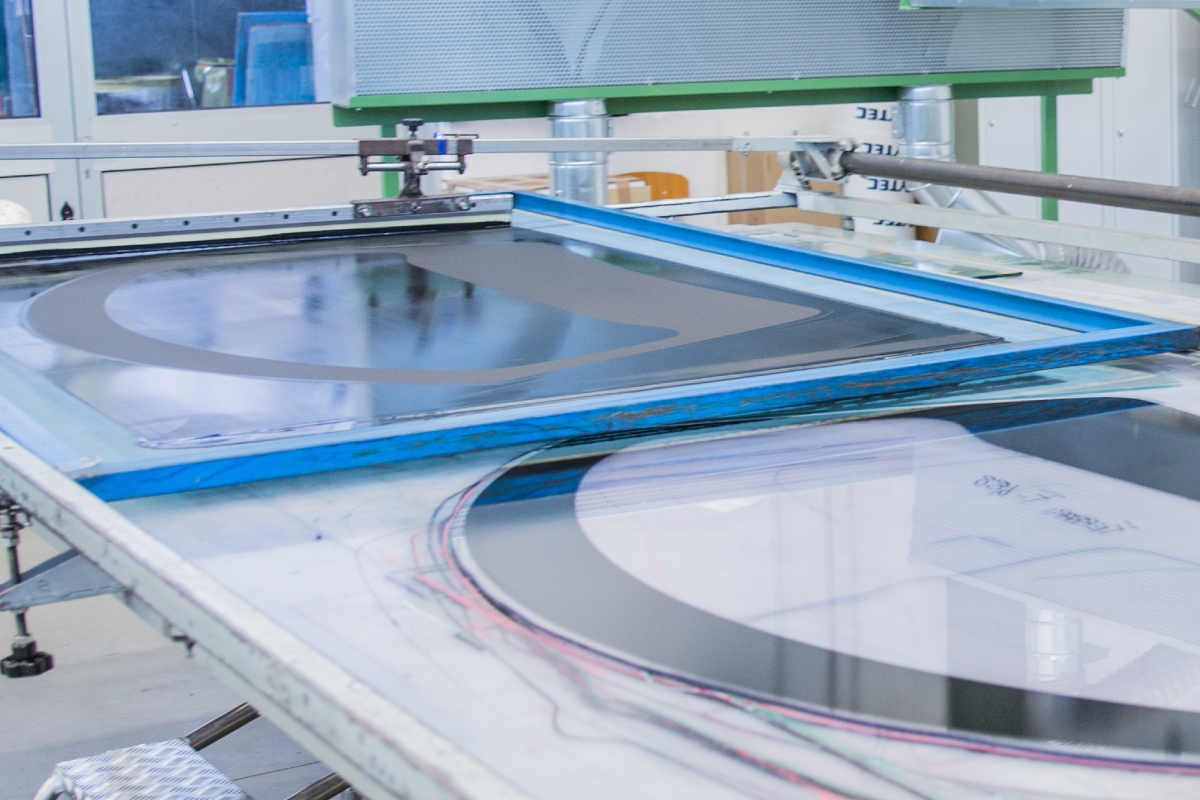
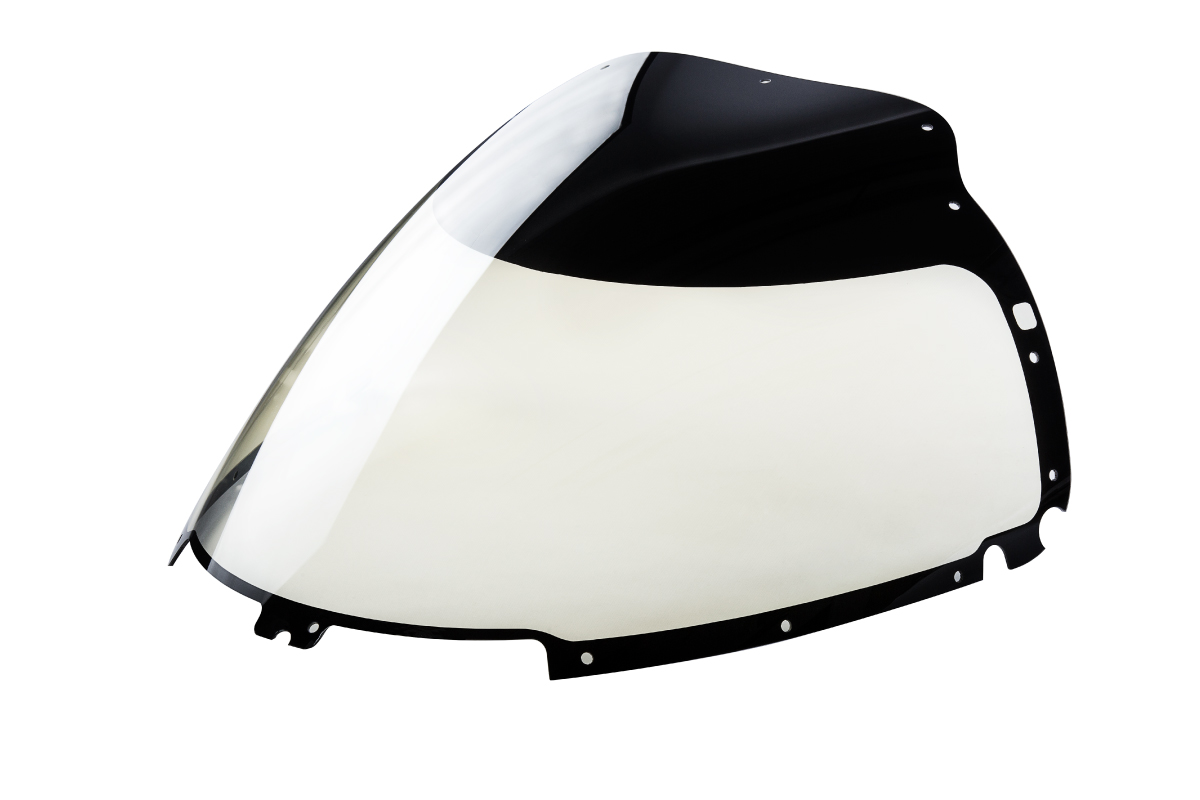
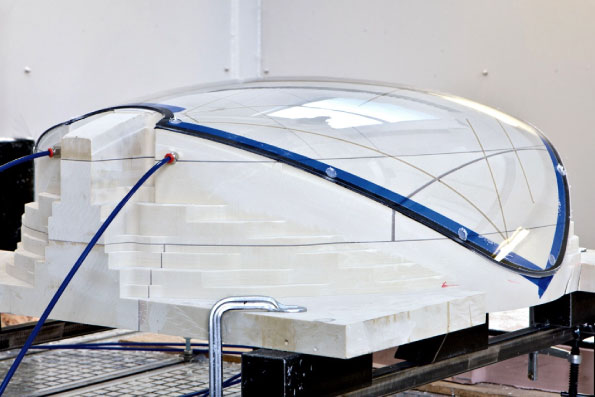
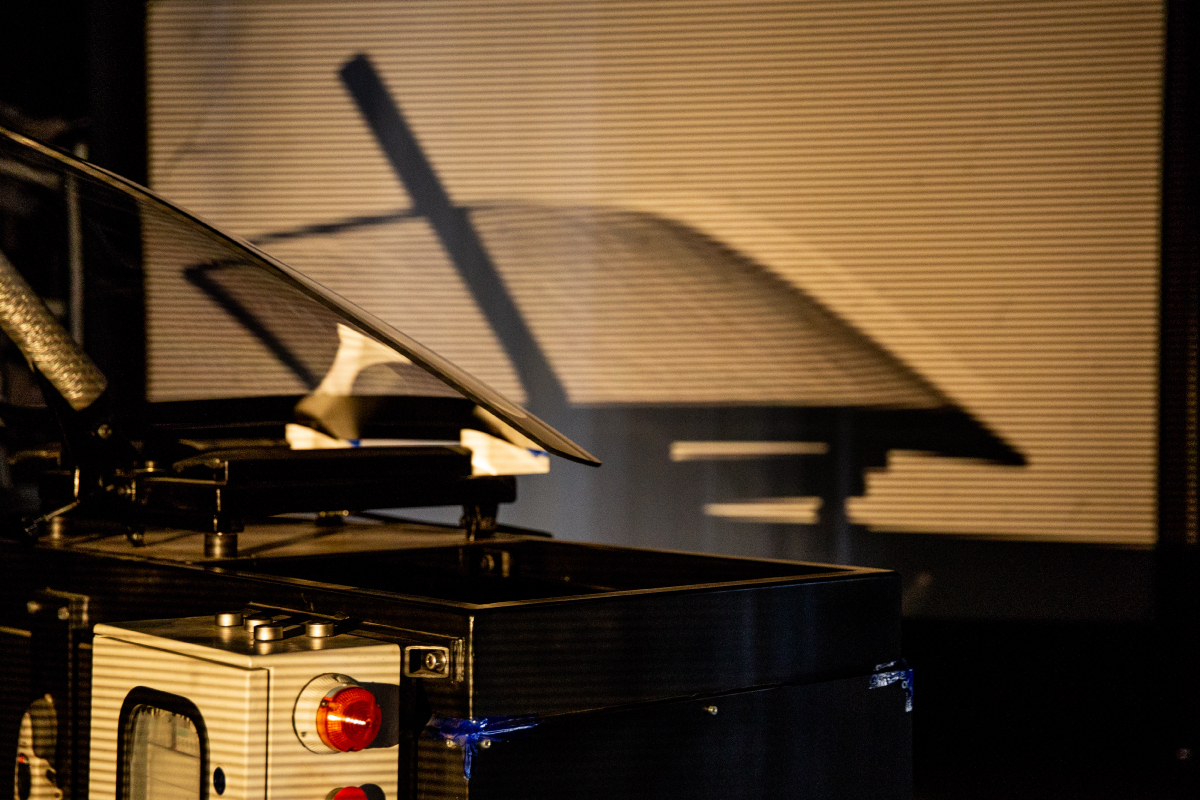


Process
A polycarbonate windscreen is based on a suitably dimensioned and profiled flat sheet. The thermoforming process involves giving the flat sheet a curved surface.
This takes place by means of a thermal process which gives the polycarbonate a curved form.
In order to ensure the highest visual quality, each particular plastic after bending is tested optically, whether it is that it forms part of a monolithic product or a layered product.
A look at the process
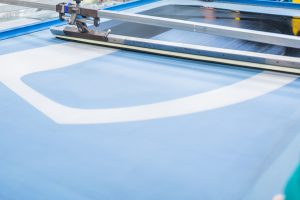 Silkscreen printing is a glass printing technique which serves both aesthetic and practical purposes.
Silkscreen printing is a glass printing technique which serves both aesthetic and practical purposes.
At Viraver, we use two printing technologies:
CLASSICAL SILKSCREEN PRINTING • Which involves printing by means of silkscreen frames and inks on compact and shaded, black and coloured strips, which protect the glues used to install the glass, while at the same time creating an attractive aesthetic effect in the combinations of glass and structure.
PRINTING ON PVC • Viraver is a Kuraray licensee for SentryGlass® Expression™, a type of technology which enables high definition coloured images to be printed continuously on both transparent and opaque interlayers.
A look at the process
Laminated polycarbonate is one of the most used products because it combines transparency with the robustness and security features required by standards and norms.
In Viraver lamination is executed for each piece of glass by bag technique and autoclave cycle.
The stratification techniques used in Viraver allows innumerable materials to be added to the plastic interlayer that further enhance the purpose to the glass, for example: heating elements, heat shields, electromagnetic radiation shields, electric and decorative opacifier films.
A look at the process
This is the process in which the union between the polycarbonate and the plastic material that make up the stratified takes place. In Viraver lamination is carried out in an autoclave, which consists in subjecting the laminate to the simultaneous action of pressure, temperature and vacuum in order to generate the intimate union of the materials. Viraver is equipped with a new large autoclave for polycarbonate last equal to 29.53ftx10.83ft (9mx3,30m).
A look at the process
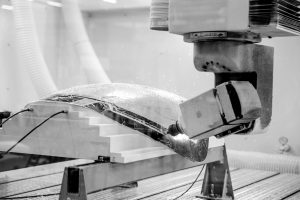
When manufacturing polycarbonate windscreens and windows, it is necessary to remove the excess materials left over from the previous processes to obtain the shapes and sizes required by the customer and guarantee a perfect fit at the moment of assembly. Such activity is carried out through the use of a five axis machine that allows to trim the perimeter and/or to employ other processes such as perforations, incisions or notches. Viraver adds a new and modern Five Axis Machine which takes dimenions of up to 19.68ftx10.83ft (6mx3,3m).
A look at the process
Polycarbonate windscreens have to guarantee maximum visibility for the driver, and this requires careful checking and testing. Viraver has a testing chamber in which it is possible to reveal distortion and optic deviations in the windscreens in accordance with the international standards in force:
- DIN 50-305
- ECE – UN R-43
A look at the process
TECHNOLOGIES
- Infrared Filter
- Heating Circuit
- Anti-Scratch Coating
Viraver has the means to research, based on functionality and needs, shielding glass against infrared radiation, to reduce the effect of sun radiation up to 55%. In order to achieve this, Viraver uses shielding solutions through the use of special interlayers or selective films incorporated within the plastic interlayer.

Flat and curved glass with heating elements can be produced with demisting and de-icing functions which guarantee maximum visibility in all temperature and humidity conditions.
The heating effect is obtained by using micro-wire technology.
The fundamental feature of plastics is their ductility and lightness. Unfortunately, they tend to deteriorate in the course of day to day use.
Signs of this deterioration include scratches, opacity and yellowing.
To increase the durability of polycarbonate products, Viraver has developed a special anti-scratch coating which hardens the surface and makes it much more resistant than the original product. The end product acquires the required hardness imposed by international norms (ECE R43 e DOT).
